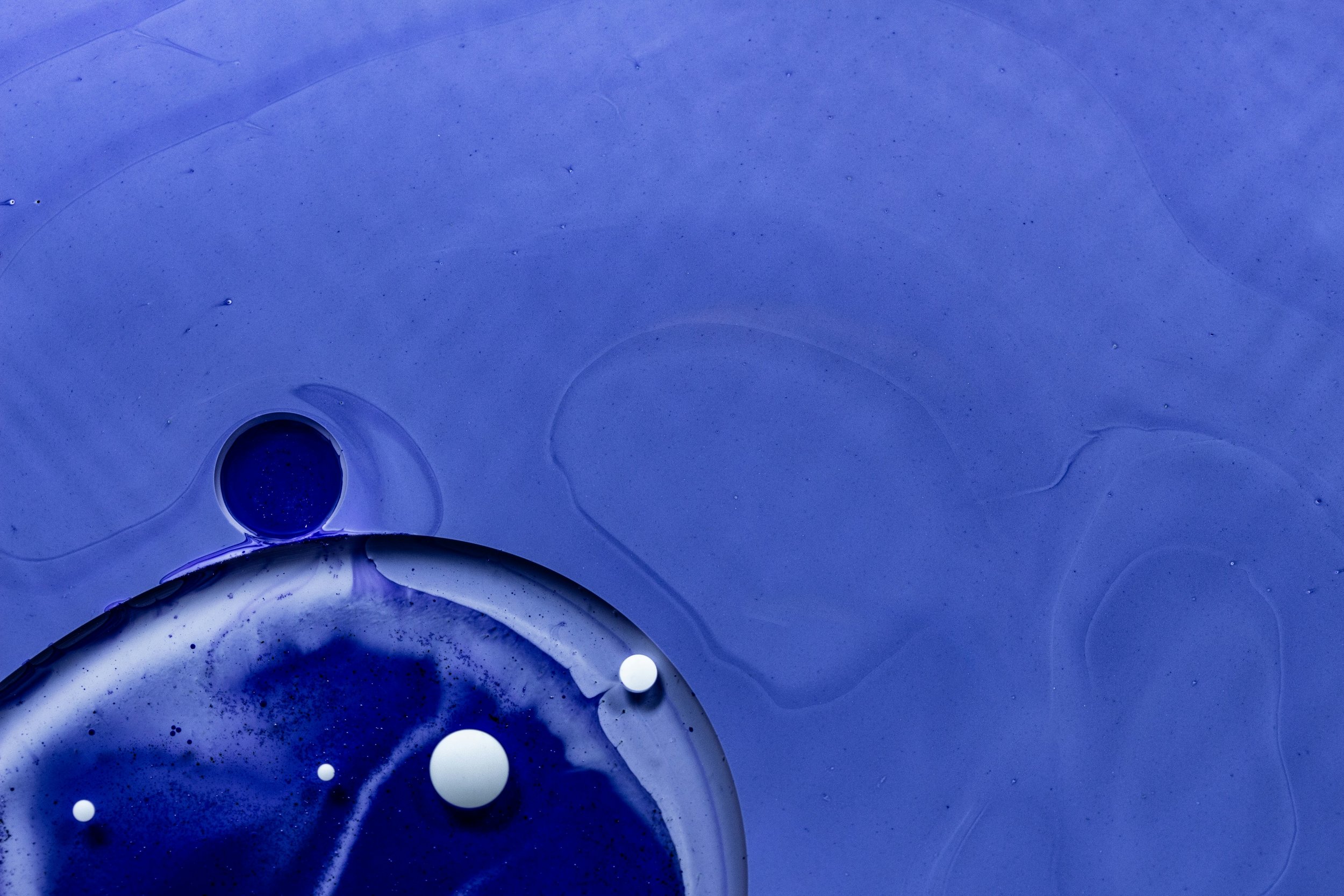
Fat Facts
Episode 3: July 2025
Diving into Precision Fermentation
and what beauty needs to know about it.
Key takeaways
Not all "fermented" ingredients are created equal — precision fermentation offers higher control, purity, and consistency than traditional ferment-based extracts.
Precision fermentation enables designer lipids tailored for melt profile, skin feel, occlusivity, and compatibility with actives.
Xylome’s platform uses a proprietary yeast, Lipomyces starkeyi, and a pharma-grade aerobic process to create palm-free, solid lipids for clean beauty applications.
Yoil® P is a new high-performance lipid: solid at room temperature, melts on skin, and supports structured formats like balms, sticks, and bars.
This approach blends biotech precision with formulation flexibility—a scalable, sustainable solution for next-gen beauty innovation.
Fermentation might be the new buzzword in beauty, but at Xylome, it’s far more than a trend, it’s our specialty. We're rethinking how the industry sources performance ingredients, using precision fermentation to create clean, traceable lipids that are tailor-made for modern beauty formulations. Before diving into what makes this approach so unique, let’s take a closer look at the broader world of fermentation and why it matters for your next innovation.
What Beauty Needs to Know About Precision Fermentation
Fermentation has become one of beauty’s buzziest ingredient claims, but not all fermentation is created equal. From beer and kombucha to hyaluronic acid and microbiome actives, the term “fermented” spans a vast range of processes, organisms, and outcomes. For beauty product developers, cosmetic chemists, and R&D teams, understanding the differences between traditional and precision fermentation is crucial in evaluating ingredient performance, consistency, and sustainability.
At Xylome, we sit at the intersection of biotechnology and beauty. Our ingredient platform is built on a proprietary yeast strain and a precision fermentation process that transforms sugars into structured lipids. These tailored oils, such as our flagship Yoil®, are scalable, high-performance alternatives to traditional fats, including palm oil. However, to understand why Yoil® behaves so differently, and so reliably, in cosmetic formulations, it is helpful to unpack what precision fermentation really means.
From Piles of Cacao to Pharmaceutical Tanks: A Spectrum of Fermentation
Fermentation is broadly defined as a process where living cells such as yeast, bacteria, or fungi convert sugars or other feedstocks into new molecules. That sounds simple, but the execution can range from rustic to radically high-tech.
Take chocolate: after cacao beans are harvested, they’re left to ferment in large piles or wooden boxes. Wild microbes from the environment break down the pulp, triggering natural chemical reactions that contribute to chocolate's final flavor. This is natural, open-air fermentation, with minimal control.
Compare that to beer brewing: here, specific yeast strains are selected, and fermentation is deliberate and managed. Temperature, oxygen, pH, and sugar content are controlled to create repeatable, high-quality results.
At the far end of the spectrum is biopharmaceutical fermentation, where genetically engineered mammalian cells are cultivated in sterile bioreactors to produce complex, biologically active molecules, such as monoclonal antibodies. Everything—nutrients, oxygen, growth phase, purity—is monitored with clinical precision.
What Is Precision Fermentation?
Precision fermentation uses genetically engineered microorganisms to produce targeted, high-purity molecules. Unlike traditional fermentations that may produce a mix of byproducts, precision fermentation is designed for consistency, control, and scalability.
One well-known example is hyaluronic acid made via fermentation. In this case, engineered bacteria produce a single, well-characterized molecule. The result? A defined, repeatable ingredient with clear benefits for formulation and performance.
This contrasts with ingredients like yeast ferment filtrates (e.g., Saccharomyces or Galactomyces), which are popular in skincare but much less defined. These are whole broth extracts containing a soup of cells, enzymes, and metabolites. They may have benefits, but they lack the traceability, reproducibility, and functional precision that product developers increasingly demand.
The future in bio-engineered oils
Xylome’s platform is a precision fermentation success story for beauty. Our engineered strain of Lipomyces starkeyi converts sugars into structured fats under tightly controlled aerobic conditions. We manage pH, oxygen, nutrient feeds, and fermentation timing to ensure consistent fatty acid profiles and functionality.
The result is Yoil®, our growing family of bio-engineered lipids. Our first product, Yoil® P, a solid-at-room-temperature, clean-label lipid that is biomimetic to RBD palm oil but is clean, consistent, palm-free, traceable, and scalable. It offers:
Predictable sensory behavior (melts on skin, non-greasy occlusivity)
Compatibility with essential oils and actives
Support for emulsion structure and solid formats
Superior sustainability profile
For formulators, Yoil® represents the best of both worlds: the industrial efficiency of brewing and the molecular control of biopharma.
Why It Matters for Beauty R&D
As ingredient transparency and sustainability become table stakes, precision fermentation is emerging as a powerful tool for the next generation of clean, effective beauty ingredients. It enables:
Custom lipid design for targeted functionality
Scalable, stable supply chains
Extraction-free innovation without performance compromise
At Xylome, we believe this middle ground between traditional fermentation and pharmaceutical biotech is where the future of beauty is being built.
Keep Exploring

The future of oil.
510 Charmany Dr. Ste 61
Madison, WI 53719
Sitemap
© Xylome Corporation 2024





